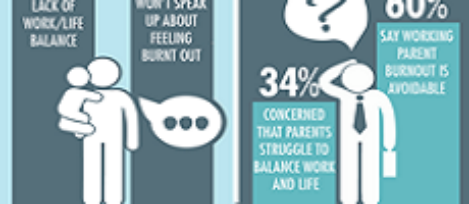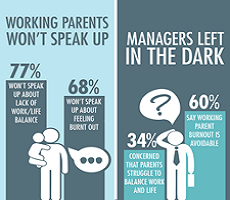November 16, 2015
People and businesses remain unprepared for next wave of technology 0
 The attitudes of businesses, public sector employers and people to the next wave of technological change remains a tangled and sometimes conflicting mishmash of fear, uncertainty and indifference according to three new reports. According to a new study published by Vodafone and YouGov, while businesses are aware of their need to keep pace with technological developments, around half doubt they will be able to keep up over the next five years. Meanwhile, a study from marketing technology firm Rocket Fuel claims that British people are broadly aware what is meant by artificial intelligence and many feel it will have a positive impact on their lives, especially millennials. However, another study from jobsite Indeed claims that a fifth of young people are unaware of the idea of automation and its potential impact on the jobs market and around half don’t even consider it when making their career choices.
The attitudes of businesses, public sector employers and people to the next wave of technological change remains a tangled and sometimes conflicting mishmash of fear, uncertainty and indifference according to three new reports. According to a new study published by Vodafone and YouGov, while businesses are aware of their need to keep pace with technological developments, around half doubt they will be able to keep up over the next five years. Meanwhile, a study from marketing technology firm Rocket Fuel claims that British people are broadly aware what is meant by artificial intelligence and many feel it will have a positive impact on their lives, especially millennials. However, another study from jobsite Indeed claims that a fifth of young people are unaware of the idea of automation and its potential impact on the jobs market and around half don’t even consider it when making their career choices.
































November 9, 2015
Business success is progressively less related to employment levels 0
by Mark Eltringham • Comment, Technology, Workplace, Workplace design
If you want to understand exactly how the economy has changed over the last few decades, one of the most important statistics is also one of the least remarked upon. It is the growing disconnect between a firm’s earnings and the number of people it employs, a statistic that puts paid to the lie that people are an organisation’s greatest asset. Once upon a time, of course, there was a direct correlation of one sort or another between the a firm’s revenue and the number of people it employed and consequently the amount of space that it took up. This was especially true for the world’s great manufacturers and other industries engaged in what was once proper work; moving, creating, destroying and maintaining things. Growth and success meant more employment and more space. There were economies of scale but the upshot was more or less an arithmetic progression in employment based on earnings.
(more…)